Filter by
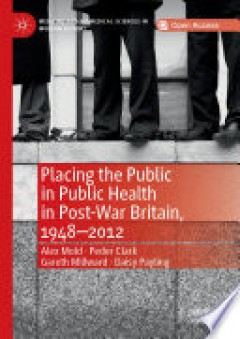
Placing the public in public health in post-war Britain, 1948–2012
This open access book explores the question of who or what ‘the public’ is within ‘public health’ in post-war Britain. Drawing on historical research on the place of the public in public health in Britain from the establishment of the National Health Service in 1948, the book presents a new perspective on the relationship between state and citizen. Focusing on health education, health s…
- Edition
- 1
- ISBN/ISSN
- 9783030186852
- Collation
- viii, 141 p: ill.
- Series Title
- -
- Call Number
- 362.109 ALE p
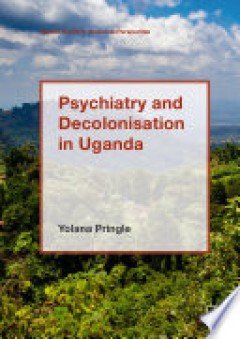
Psychiatry and decolonisation in Uganda
This open access book investigates psychiatry in Uganda during the years of decolonisation. It examines the challenges facing a new generation of psychiatrists as they took over responsibility for psychiatry at the end of empire, and explores the ways psychiatric practices were tied to shifting political and development priorities, periods of instability, and a broader context of transnational …
- Edition
- 1
- ISBN/ISSN
- 9781137600950
- Collation
- XII, 259p, ; ill.
- Series Title
- Mental health in historical perspective
- Call Number
- 616.890096761 PRI p
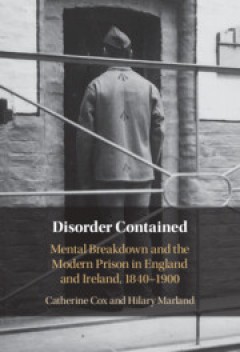
Disorder Contained : Mental Breakdown and the Modern Prison in England and Ir…
Disorder Contained is the first historical account of the complex relationship between prison discipline and mental breakdown in England and Ireland. Between 1840 and 1900 the expansion of the modern prison system coincided with increased rates of mental disorder among prisoners, exacerbated by the introduction of regimes of isolation, deprivation and hard labour. Drawing on a range of archival…
- Edition
- -
- ISBN/ISSN
- 9781108993586
- Collation
- ix, 318 p ; ill
- Series Title
- -
- Call Number
- 365.608740941 DIS C
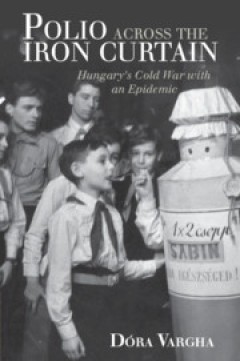
Polio Across the Iron Curtain : Hungary's Cold War with an Epidemic
By the end of the 1950s, Hungary became an unlikely leader in what we now call global health. Only three years after Soviet tanks crushed the revolution of 1956, Hungary became one of the first countries to introduce the Sabin vaccine into its national vaccination programme. This immunization campaign was built on years of scientific collaboration between East and West, in which scientists, spe…
- Edition
- -
- ISBN/ISSN
- 9781108355421
- Collation
- ix, 268 p ; ill
- Series Title
- -
- Call Number
- 616.835009439 POL D
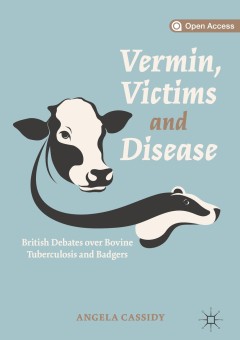
Vermin, Victims and Disease : British Debates over Bovine Tuberculosis and Ba…
This open access book provides the first critical history of the controversy over whether to cull wild badgers to control the spread of bovine tuberculosis (bTB) in British cattle. This question has plagued several professional generations of politicians, policymakers, experts and campaigners since the early 1970s. Questions of what is known, who knows, who cares, who to trust and what to do ab…
- Edition
- -
- ISBN/ISSN
- 9783030191863
- Collation
- xiv, 366 p.
- Series Title
- -
- Call Number
- 636.208945420941 VER A
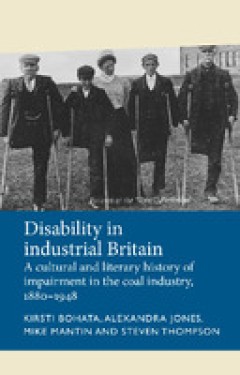
Disability in industrial Britain : a cultural and literary history of impairm…
Coalmining was a notoriously dangerous industry and many of its workers experienced injury and disease. However, the experiences of the many disabled people within Britain’s most dangerous industry have gone largely unrecognised by historians. This book examines the British coal industry through the lens of disability, using an interdisciplinary approach to examine the lives of disabled miner…
- Edition
- -
- ISBN/ISSN
- 9781526124326
- Collation
- 277 p. : ill.
- Series Title
- -
- Call Number
- 362 BOH d
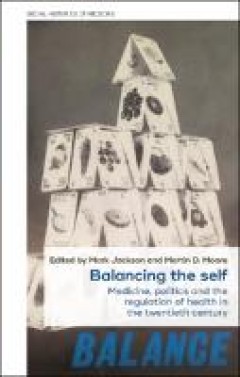
Balancing the self: Medicine, politics and the regulation of health in the tw…
Concepts of ‘balance’ have been central to modern politics, medicine and society. Yet, while many health, environmental and social challenges are discussed globally in terms of imbalances in biological, social and ecological systems, strategies for addressing modern excesses and deficiencies have focused almost exclusively on the agency of the individual. Balancing the Self explores the div…
- Edition
- -
- ISBN/ISSN
- 9781526132123
- Collation
- xvi, 348p.: ill.
- Series Title
- -
- Call Number
- 362.19646200941 BAL b
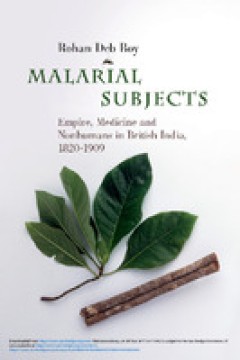
Malarial subjects: empire, medicine and nonhumans in British India, 1820-1909
Malaria was considered one of the most widespread disease-causing entities in the nineteenth century. It was associated with a variety of frailties far beyond fevers, ranging from idiocy to impotence. And yet, it was not a self-contained category. The reconsolidation of malaria as a diagnostic category during this period happened within a wider context in which cinchona plants and their most va…
- Edition
- -
- ISBN/ISSN
- 9781316771617
- Collation
- xvi, 332p.: ill.
- Series Title
- -
- Call Number
- 616.936200954 DEB m
 Computer Science, Information & General Works
Computer Science, Information & General Works  Philosophy & Psychology
Philosophy & Psychology  Religion
Religion  Social Sciences
Social Sciences  Language
Language  Pure Science
Pure Science  Applied Sciences
Applied Sciences  Art & Recreation
Art & Recreation  Literature
Literature  History & Geography
History & Geography